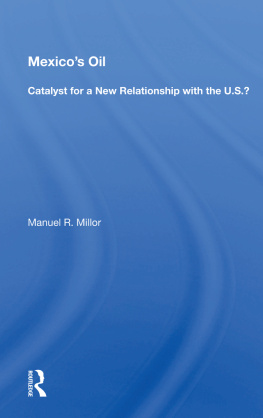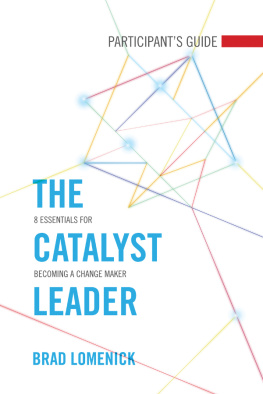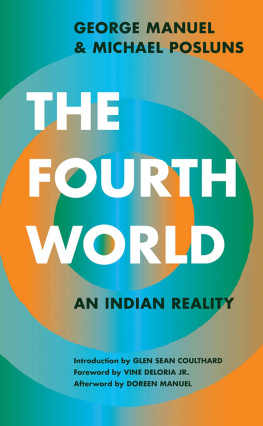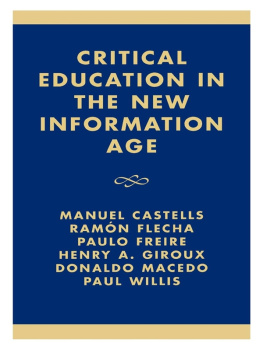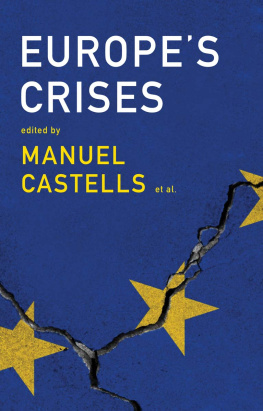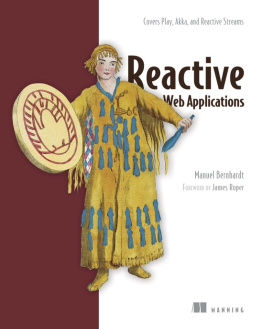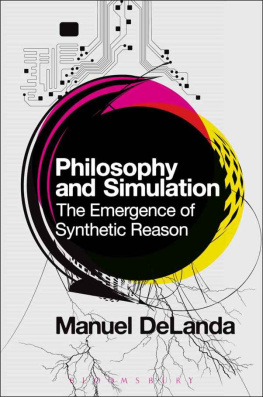Mexico's Oil
Westview Replica Editions
The concept of Westview Replica Editions is a response to the continuing crisis in academic and informational publishing. Library budgets for books have been severely curtailed. Ever larger portions of general library budgets are being diverted from the purchase of books and used for data banks, computers, micromedia, and other methods of information retrieval. Interlibrary loan structures further reduce the edition sizes required to satisfy the needs of the scholarly community. Economic pressures (particularly inflation and high interest rates) on the university presses and the few private scholarly publishing companies have severely limited the capacity of the industry to properly serve the academic and research communities. As a result, many manuscripts dealing with important subjects, often representing the highest level of scholarship, are no longer economically viable publishing projectsor, if accepted for publication, are typically subject to lead times ranging from one to three years.
Westview Replica Editions are our practical solution to the problem. We accept a manuscript in camera-ready form, typed according to our specifications, and move it immediately into the production process. As always, the selection criteria include the importance of the subject, the work's contribution to scholarship, and its insight, originality of thought, and excellence of exposition. The responsiblity for editing and proofreading lies with the author or sponsoring institution. We prepare chapter headings and display pages, file for copyright, and obtain Library of Congress Cataloging in Publication Data. A detailed manual contains simple instructions for preparing the final typescript, and our editorial staff is always available to answer questions.
The end result is a book printed on acid-free paper and bound in sturdy library-quality soft covers. We manufacture these books ourselves using equipment that does not require a lengthy make-ready process and that allows us to publish first editions of 300 to 600 copies and to reprint even smaller quantities as needed. Thus, we can produce Replica Editions quickly and can keep even very specialized books in print as long as there is a demand for them.
About the Book and Author
Mexico's Oil: Catalyst for a New Relationship with the U.S.?
Manuel R. Millor
Analyzing the effects of Mexico's newly flourishing petroleum industry, Dr. Millor first traces the evolution of Mexico's oil development and provides a detailed assessment of its socioeconomic, political, and ecological consequences and of the Mexican government's current energy policies. In his subsequent examination of U.S.-Mexican relations, he emphasizes that, aside from the issues directly related to Mexico's petroleum, a complex assortment of concerns remain unresolved between the two nationsillegal immigration, drug traffic, terms of technical and scientific cooperation, restrictions on Mexican exports in the U.S. market, and the more assertive foreign policy stance recently taken by Mexico.
Dr. Millor argues that, far from representing a clear case of positive growth for Mexico, petroleum could bring about distorted development and increased dependency, as well as a difficult period of relations with the U.S. If a stable association between the two governments is to emerge, he concludes, U.S. policymakers must understand the changes taking place in Mexico and accept its emergence as a middle power with autonomous goals. Representing both the Mexican and the U.S. point of view, this study contributes much to a better understanding of the significance of oil for Mexican development and to a balanced assessment of present and future U.S.-Mexican relations.
Manuel Millor is professor of public administration at the National University of Mexico.
Mexico's Oil
Catalyst for a New Relationship with the U.S.?
Manuel R. Millor
First published 1982 by Westview Press
Published 2018 by Routledge
52 Vanderbilt Avenue, New York, NY 10017
2 Park Square, Milton Park, Abingdon, Oxon OX14 4RN
Routledge is an imprint of the Taylor & Francis Group, an informa business
Copyright 1982 by Taylor & Francis
All rights reserved. No part of this book may be reprinted or reproduced or utilised in any form or by any electronic, mechanical, or other means, now known or hereafter invented, including photocopying and recording, or in any information storage or retrieval system, without permission in writing from the publishers.
Notice:
Product or corporate names may be trademarks or registered trademarks, and are used only for identification and explanation without intent to infringe.
Library of Congress Cataloging in Publication Data
Millor, Manuel R.
Mexico's oil.
(A Westview replica edition)
Bibliography: p.
Includes index.
1. Petroleum industry and trade--Mexico. 2. Mexico--Foreign economic
relations--United States. 3. United States--Foreign economic relations-
Mexico. 4. Mexico--Dependency on the United States. I. Title.
HD9574.M6M647 1982 338.2'7282'0972 82-10849
ISBN 13: 978-0-367-02015-6(hbk)
For my family
And with gratitude to my professor and friend,
Howard J. Wiarda,
for his encouragement and guidance
1
Theoretical Framework
The understanding of the Latin American region has often been impaired by ethnocentrism. Scholars and public officials have tended to view the area with preconceived values and notions about development derived from the historical experiences of the United States and Western Europe. And the result has usually been misconceptions about Latin American society and politics, and frustration with policy failures.
Perhaps the most relevant example of the ethnocentric North American interpretation of Latin America is the Diffusion Model. This model assumes a continuum whose two poles are tradition and modernity. The concept of tradition implies backward, archaic, and static structures. Modernity is viewed in terms of social and political mobility, the complexity of the social structure, the degree of specialization of roles and institutions in the political and social spheres, "democratic" forms of government, and indicators such as urbanization. According to the Diffusion Model, underdevelopment is a condition which has been experienced by all nations at one time or another. The concept of "progress," usually seen in terms of economic growth and industrialization, involves the passage from the traditional to the modernity end of the continuum. Obviously, this process is of a teleological character.
In North American social science, structural-functionalism in the writings of Gabriel Almond and G. Brigham Powell
According to the Diffusion Model, "...the solutions to the problems and conditions of underdevelopment must originate from beyond the borders of Latin America." Social and political stability in Latin America was, of course, a precondition for a greater participation of foreign enterprise.
By the end of the 1960s the Diffusion Model was in crisis. The Cuban Revolution proved to be a profoundly disturbing event for U.S. policymakers. The answer by the American government to the challenges posed by the Cuban Revolution was the Alliance for Progress. But the Alliance failed to promote consistent socioeconomic development and political democracy.


